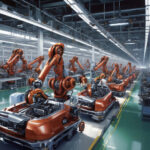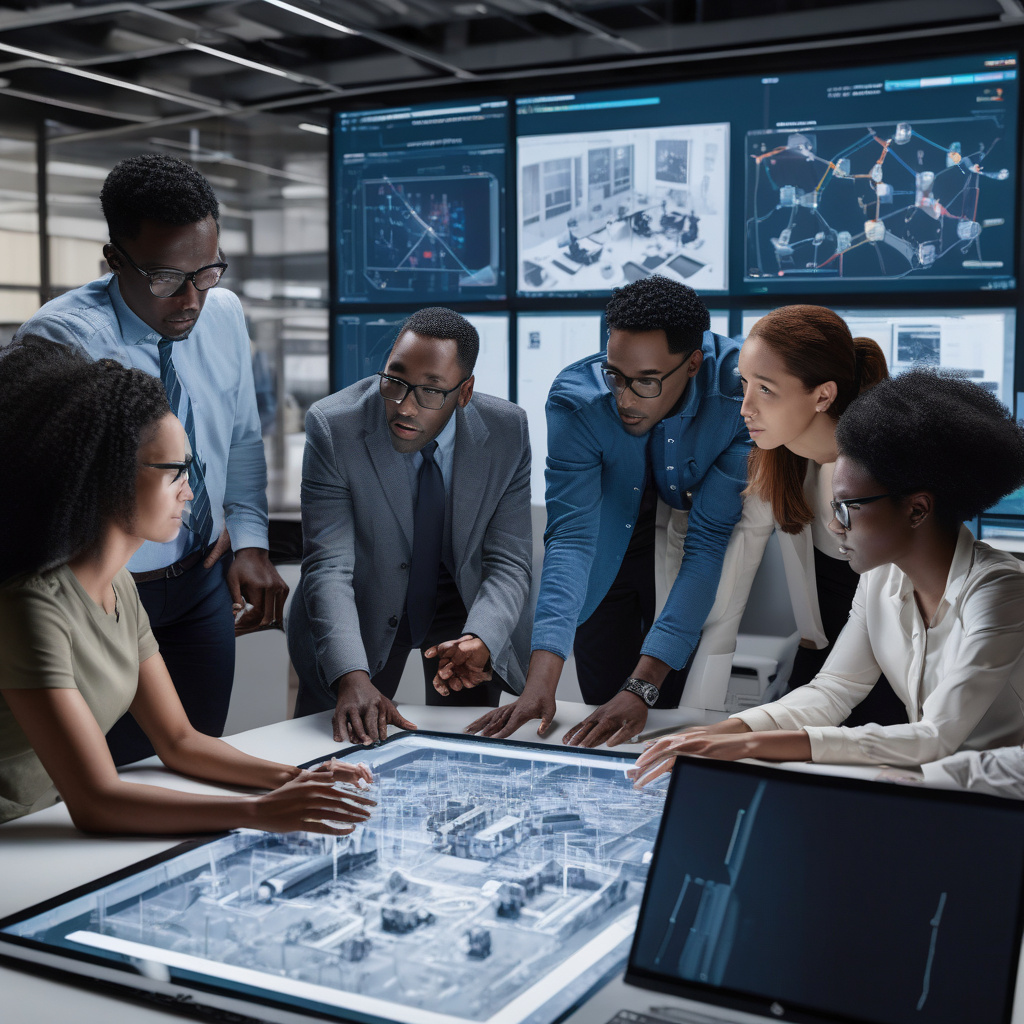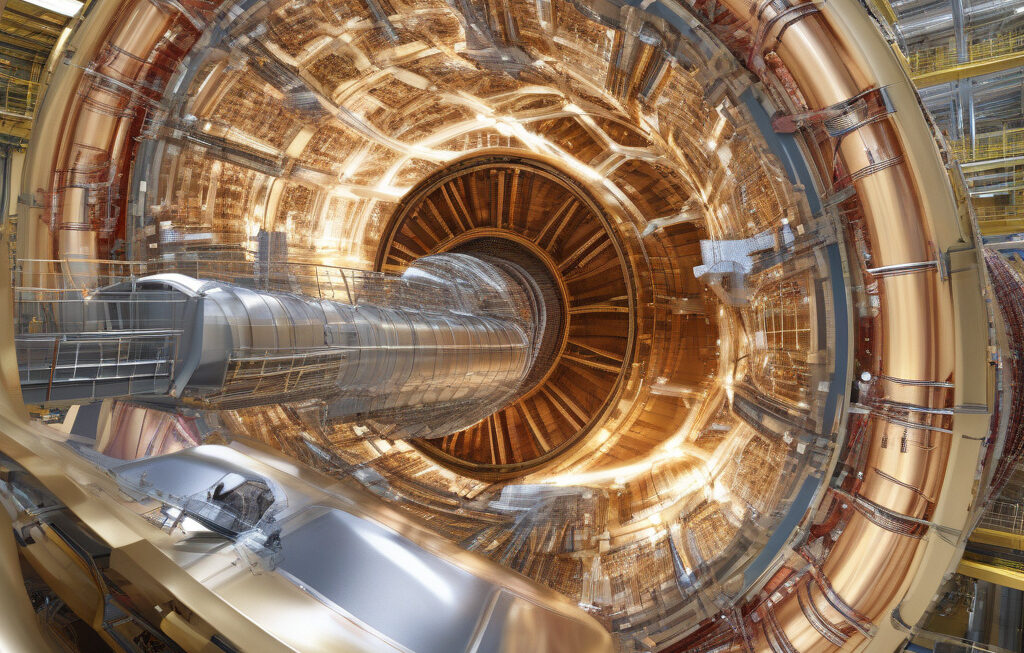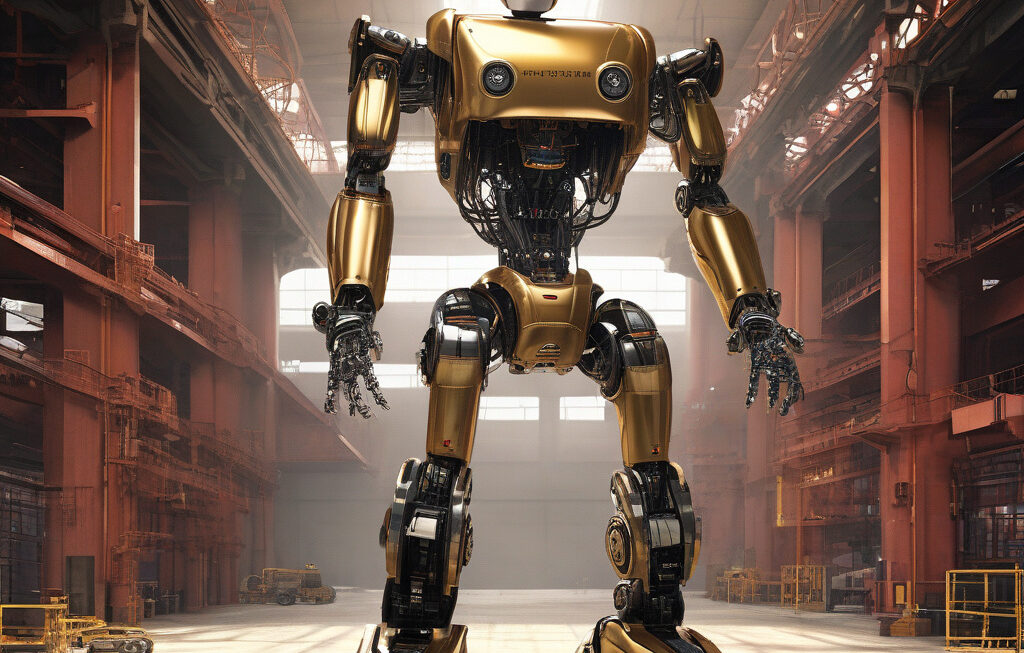Are Engineers at Risk from AI? A New Study Suggests It’s Complicated
For the engineering profession, which has long been seen as the engine of innovation, the rise of artificial intelligence (AI) poses both opportunities and challenges. A recent study conducted by leading experts in the field sheds light on the nuanced relationship between engineers and AI, challenging some common misconceptions and highlighting the need for a more nuanced understanding of the impact of AI on this critical profession.
One of the key findings of the study is that while AI has the potential to automate certain tasks traditionally performed by engineers, it is unlikely to fully replace the need for human ingenuity and creativity in the field. Engineers bring a unique set of skills to the table, including problem-solving abilities, critical thinking, and the capacity to innovate in ways that AI simply cannot replicate. As such, rather than viewing AI as a threat to the engineering profession, the study suggests that it can be a powerful tool to augment and enhance the work of engineers, enabling them to tackle more complex challenges and achieve greater levels of efficiency.
Moreover, the study highlights the importance of upskilling and reskilling for engineers in the age of AI. As technology continues to advance at a rapid pace, engineers must be prepared to adapt and acquire new skills to remain competitive in the field. This may involve learning how to work alongside AI systems, leveraging their capabilities to improve productivity and drive innovation. By embracing AI as a partner rather than a competitor, engineers can position themselves at the forefront of technological advancement and ensure their continued relevance in a rapidly evolving job market.
Another key takeaway from the study is the need for ethical considerations in the deployment of AI in engineering. As AI systems become increasingly sophisticated, questions of bias, transparency, and accountability become more pressing. Engineers must grapple with the ethical implications of their work, ensuring that AI is used in a responsible and equitable manner. By incorporating ethical principles into the design and implementation of AI systems, engineers can help to mitigate the risks associated with AI and harness its potential for the greater good.
In conclusion, while the rise of AI undoubtedly presents challenges for the engineering profession, it also opens up new possibilities for innovation and growth. By approaching AI with a mindset of collaboration and adaptability, engineers can harness the power of this technology to push the boundaries of what is possible in their field. As the study suggests, the relationship between engineers and AI is indeed complicated, but with the right approach, it has the potential to drive unprecedented progress and transformation in the engineering profession.
engineering, AI, innovation, upskilling, ethics












